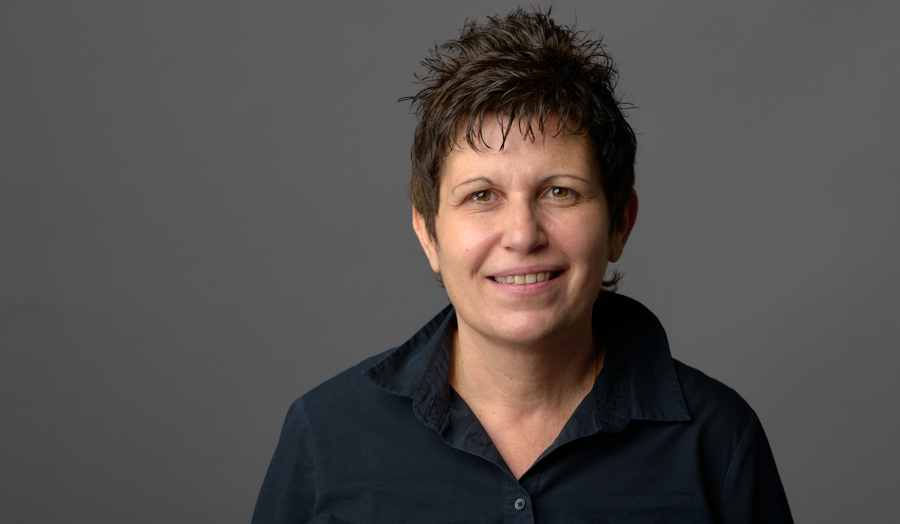Project overview
The Inclusive Formative Assessment Practices in Action (IFAP) project (2021-2023) will explore the impact of inclusive formative assessment practices on 200 first-year students’ writing performance and motivation at London Metropolitan University's Guildhall School of Business and Law for one academic year.
Preliminary findings indicated that the use of inclusive formative assessment practices resulted in a statistically significant improvement of students’ writing performance in only one academic semester.
Qualitative findings (interviews, focus group discussions, anonymous feedback) indicated that students became more independent learners and that their motivation also increased as they could better understand the assessment criteria.
However, students confessed that they needed more training and support. They also suggested that formative assessment practices should be used regularly (i.e., in other modules and courses) to enhance student collaboration and reflection.
More information
In terms of this year-long implementation, 200 first year (Level 4) Guildhall School of Business and Law students were trained and then encouraged to use peer assessment first and then self-assessment in terms of two modules to develop their interpersonal skills for two semesters.
These students were guided to use peer assessment to foster their collaborative skills and self-assessment to develop their self-management skills.
The overall aim was to develop students’ professional skills, i.e., teamwork, collaboration, flexibility, intrinsic motivation, self-regulation, problem-solving, stress management and self-starting.
This scheme also promoted an inclusive multilingual approach towards comprehension in assessment as a means of fostering inclusion in diverse cohorts encouraging the use of translanguaging and the use of English as a Lingua Franca.
In terms of this project, the researcher explored the kind of benefits that such a scheme can have on students’ writing performance and motivation. The aim was to implement it more widely in Higher Education after making all the necessary adjustments.
The researcher collected pre- and post-tests (a short report) and explored any improvement in students’ performance by comparing their marks.
The researcher then compared their improvement to that of 200 students who attended a similar module but did not engage in formative assessment methods in their classes.
The researcher also used a short reflective report and journal entries to explore students’ overall attitudes towards the scheme.
The study outcomes indicated that students were able to improve their performance by 10% in only one semester (12 weeks) and 21% in two semesters (the researcher extended the implementation in other modules) and the effect of the intervention was moderately positive (Cohen’s d=.6).
Moreover, students managed to increase their performance by 30% (the researcher compared students’ pre-tests vs post-tests in the experimental module) in one semester.
Students’ satisfaction in the student experience module survey was 91% (compared to 75% last year) which clearly indicated that students enjoyed the experience.
Student comments revealed that they felt that this intervention increased their interest in the module and allowed them to better understand the assessment criteria and the theories involved.
- Conference presentations (London Metropolitan University Learning and Teaching Conference 2023, Business and Management Conference 2023, Learning, Teachign and Student Experience Conference 2023)
- Paper (in preparation)
The current study has various implications for Higher Education institution educators:
Educators should ensure that students are offered high-quality feedback, but they are also willing to reflect and act upon it.
Instructional scaffolds should be adapted to the learners’ diverse needs, classroom climate, students’ cultural background, and learners’ assessment and writing skills.
Students should be engaged in both face-to-face individual peer feedback and anonymous group feedback. This combination seems to minimize the potential harmful effects of peer-assessment (PA).
Educators and Higher Education institutions should take PA and self-assessement (SA) activities more seriously into account and try to encourage their learners to use these assessment practices.
It is imperative for educators to familiarize themselves with the knowledge pertaining PA and SA before using it with their students. Thorough training with sufficient time provided is essential for the success of PA and SA implementation at the level of practice since students are not always familiar with it.
Incorporating SA training into the curriculum allows learners to develop a range of professional skills necessary as they will be asked to engage in continuous professional development as employees.
Educators should continue to use SA in their writing courses because it enables students to become critics of their work and lifelong learners.
More implications for research and practice can be found in the conference presentations/proceedings and publications which are mentioned in the project outputs.


